Few artists have wielded their voice as both an instrument of art and a weapon of truth with the power and precision of Sharon Manuel. With the release of her single, “The Negro Speaks of Rivers,” she does not merely return to the musical stage—she reclaims it as a sanctified space for remembrance, resistance, and reverence. This hauntingly powerful recording is not simply a song, but a living, breathing monument carved in sound, echoing the ancestral voices of a people whose roots run as deep and enduring as the rivers they crossed, bathed in, and wept beside.
Born into a household pulsing with the rhythms of spirituals and the disciplined reverence of gospel tradition, Sharon Manuel’s journey through music began in the glow of the family piano. From those first tentative keystrokes, a lifelong devotion to musical and social consciousness was forged. Alongside her sisters, Cheryl and La Vergne, she became a cherished torchbearer of the African American spiritual tradition in the Bay Area. In the 1950s and ’60s, the trio’s voices filled churches, whispered through transistor radios, and rang out in private gatherings, affirming Black culture and spirituality during a time when both were too often marginalized or dismissed.
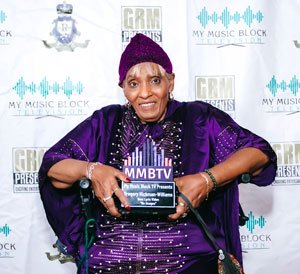 A pivotal influence in her youth came through her high school mentor, Mr. Eaton, who recognized and nurtured her gift for vocal expression. That mentorship did more than refine her technique—it instilled in her a sense of purpose. Music became more than performance; it became proclamation. This ethos would become the heartbeat of Manuel’s artistry throughout the turbulent 1960s, when she aligned her voice with the burgeoning civil rights movement.
A pivotal influence in her youth came through her high school mentor, Mr. Eaton, who recognized and nurtured her gift for vocal expression. That mentorship did more than refine her technique—it instilled in her a sense of purpose. Music became more than performance; it became proclamation. This ethos would become the heartbeat of Manuel’s artistry throughout the turbulent 1960s, when she aligned her voice with the burgeoning civil rights movement.
Her college years placed her on the front lines of history. As a member of the Student Nonviolent Coordinating Committee (SNCC), she marched, protested, and organized alongside icons such as Martin Luther King Jr., Coretta Scott King, Malcolm X, and Stokely Carmichael. But perhaps her most potent weapon was her voice. In mass meetings and candlelit vigils, in sanctuaries and streets alike, Sharon Manuel sang with conviction, offering melodies that soothed the soul and stirred the conscience. Her music, even then, was a balm and a battle cry.
As the 1960s gave way to the complex terrain of the 1980s, Manuel’s commitment did not waver. Instead, it deepened. She became a revered music educator and the celebrated lead vocalist at Trinity United Methodist Church, where worship became both an artistic and political act. And yet, one of the most transformative chapters of her career came with her collaborative work alongside Gregory Hickman-Williams. Together, they launched a campaign to honor and amplify the contributions of Black composers in classical music—a genre long steeped in Eurocentric canon. With the support of cultural figures like Emmy Award winner Ben Williams, their efforts cracked open the doors of opportunity, fostering a new era of inclusivity in classical performance and education.
One such landmark moment came in 1983 with the recorded performance “Blacks Making History Today,” featuring Manuel, Hickman-Williams, Charlotte Nelson, and Cody Gillette. Though the work remained hidden in the shadows for decades, its recent rediscovery stands as a triumphant reclamation of Black musical heritage. It is against this backdrop of tireless advocacy and unshakable artistic vision that “The Negro Speaks of Rivers” emerges—not as a mere release, but as a revelation.
Inspired by Langston Hughes’s seminal 1921 poem, “The Negro Speaks of Rivers” is a meditation on lineage, memory, and identity. Hughes penned the work at just 17, yet it speaks with the wisdom of millennia. His words trace a Black man’s history through the great rivers of civilization—the Euphrates, the Congo, the Nile, and the Mississippi—imbuing geography with soul, and history with personal testimony.
 In Sharon Manuel’s interpretation, Hughes’s already-stirring words find a new register of depth and pathos. Her performance is not only technically superb but spiritually transcendent. She sings not just with her voice but with her blood memory, embodying every word with an intensity that defies categorization. When she utters, “I’ve known rivers ancient as the world and older than the flow of human blood in human veins,” she does so not as a narrator, but as a vessel—channeling centuries of sorrow, triumph, and unbreakable dignity.
In Sharon Manuel’s interpretation, Hughes’s already-stirring words find a new register of depth and pathos. Her performance is not only technically superb but spiritually transcendent. She sings not just with her voice but with her blood memory, embodying every word with an intensity that defies categorization. When she utters, “I’ve known rivers ancient as the world and older than the flow of human blood in human veins,” she does so not as a narrator, but as a vessel—channeling centuries of sorrow, triumph, and unbreakable dignity.
The rivers named in the poem become sonic tributaries through which Manuel’s voice flows—majestic and solemn over the Nile, rhythmic and ancestral over the Congo, whispering with ancient breath over the Euphrates, and swelling with aching pride as the Mississippi turns “golden in the sunset.” Each note is shaped with reverence, every phrase a benediction. There is a sacred stillness in her delivery, yet also a simmering urgency that never lets us forget: this is not just a look back—it is a call forward.
Musically, the arrangement is understated yet powerful, allowing the full emotional spectrum of Manuel’s voice to shine. Her dynamic control, tonal richness, and unerring sense of phrasing bring dimension to every syllable. At times, she caresses the melody like a prayer; at others, she unleashes it like a sermon. The result is an experience that transcends genre—a fusion of classical poise, gospel depth, and historical gravitas.
In recent years, Sharon Manuel has received well-deserved accolades for her work, most notably her reception of the MY MUSIC BLOCK TV AWARD. The honor is not merely a celebration of her artistic excellence but a recognition of her lifelong commitment to the Black musical tradition and its role in the greater cultural and political struggle. Her decision to accept the award not only for herself but on behalf of the late Gregory Hickman-Williams speaks volumes of her humility and unyielding sense of collective purpose.
“The Negro Speaks of Rivers” is, in every way, a culmination—but also a beginning. It reintroduces us to an artist whose life has been a devotion, whose music has always served the people. Through this single, Sharon Manuel invites us not only to listen, but to feel—to wade into the waters of history, to hear the echoes of our ancestors, and to rise renewed.
In honoring Sharon Manuel, we honor the rivers she sings of—timeless, mighty, and ever-flowing. And in her voice, we hear the soul of a people, deepened by time, strengthened by resistance, and made glorious through song.
OFFICIAL LINKS: SPOTIFY – WEBSITE

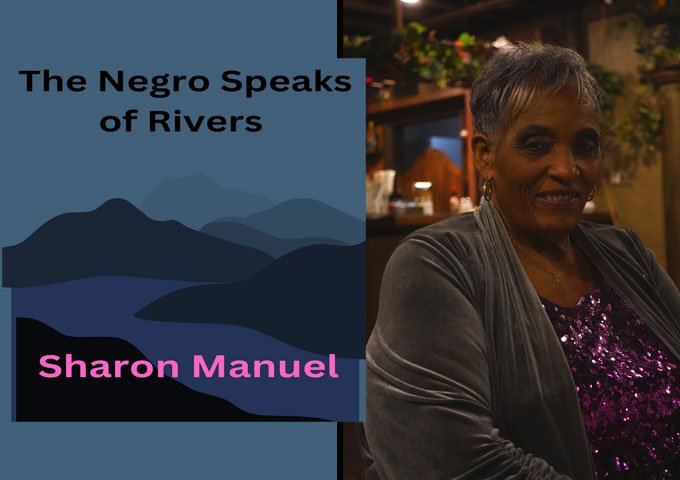


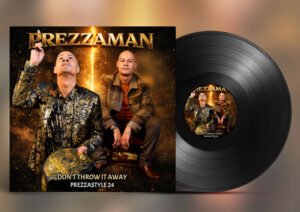

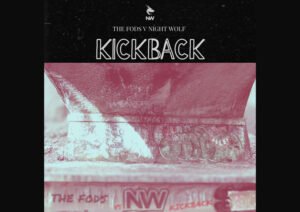








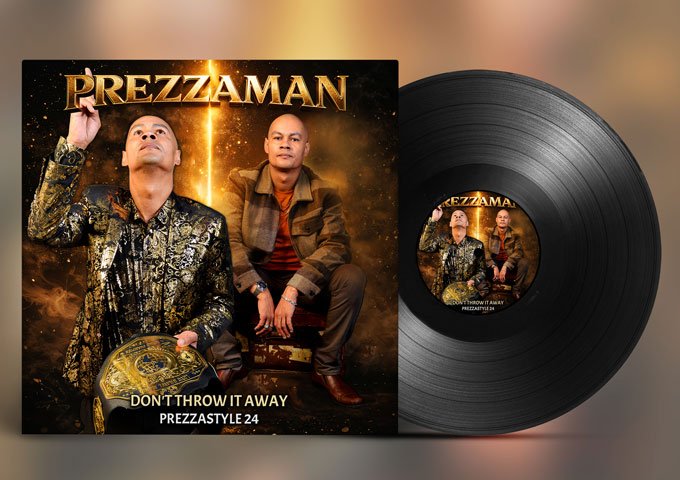
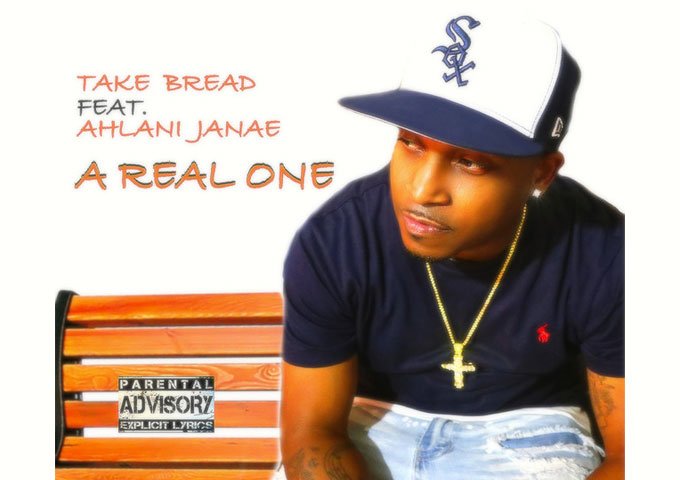

+ There are no comments
Add yours